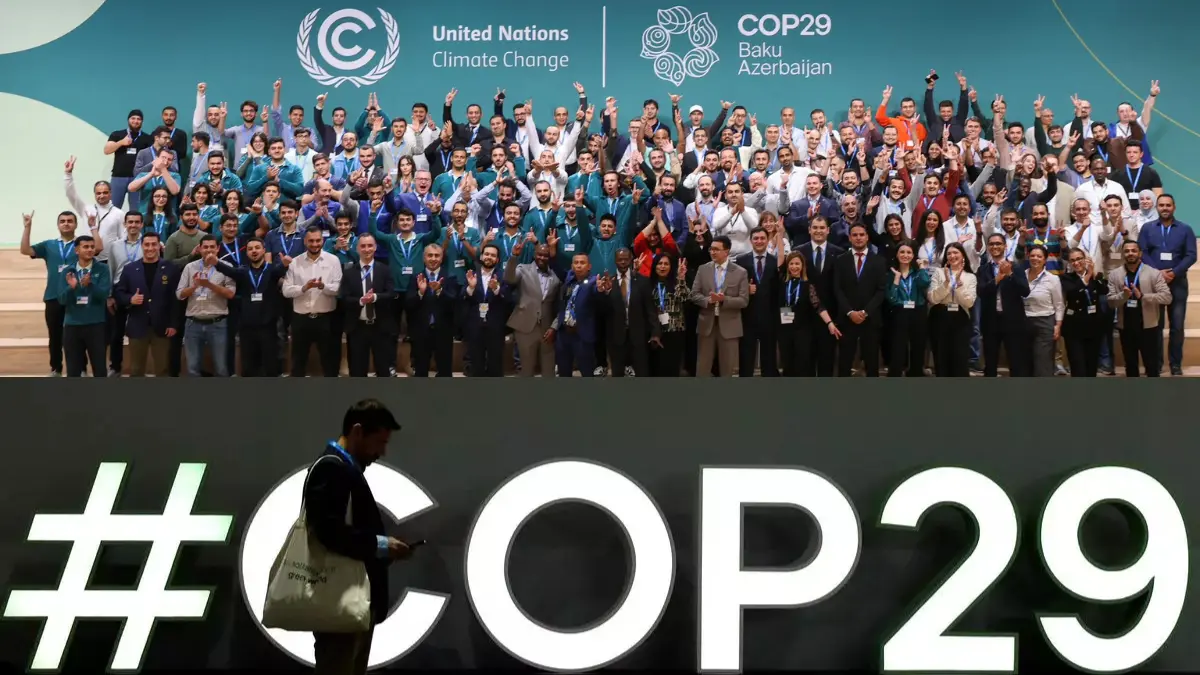
In a recent statement, Kremlin spokesman Dmitry Peskov addressed concerns over the potential arrest of Pavel Durov, co-founder of Telegram. Peskov clarified that, while Russian authorities have had questions for Durov, he has never been arrested in Russia. This clarification comes amidst growing international scrutiny of Russia’s handling of tech entrepreneurs and the broader implications for digital privacy and freedom.
The Context Behind Peskov’s Comments
Peskov’s comments were made during an interview with the Rossiya-1 TV channel, where he sought to dispel any fears that European politicians or the global community might have regarding Durov’s treatment in Russia. The backdrop to this statement is a complex web of political, legal, and technological issues that have emerged as Telegram continues to grow in popularity worldwide.
Telegram, a messaging app known for its strong encryption and privacy features, has been both praised and criticized. While many users appreciate the privacy it offers, governments around the world have raised concerns about its potential misuse by various groups, including criminals and terrorists. This has put Durov and his company in a difficult position, trying to balance user privacy with compliance with various national laws.
Durov’s Recent Detainment in France
Adding to the complexity, Durov was recently detained by French authorities after landing in a private jet. This action was based on a warrant alleging that Telegram had facilitated illegal activities through insufficient moderation. While Durov was not charged with any crime, the incident highlighted the increasing pressure on tech companies to police the content on their platforms more rigorously.
The detention in France has also sparked a wave of speculation and concern about Durov’s safety and the future of Telegram. Many wondered if this could be the beginning of more severe actions against the company and its founder. Peskov’s recent statements aimed to quell these fears, suggesting that Russia does not intend to arrest Durov and comparing the situation to how car manufacturers are not held accountable when their products are misused.
Comparing Tech and Traditional Industries
Peskov’s analogy comparing Telegram to car manufacturers is an interesting one. He argued that just as car manufacturers are not arrested when terrorists use cars for attacks, Durov should not be held accountable for how Telegram is used. This comparison highlights a key debate in the tech world today: where does the responsibility of a platform end, and the responsibility of the user begin?
In many ways, this question gets to the heart of ongoing discussions about digital privacy, freedom, and security. Platforms like Telegram provide tools that can be used for both good and ill. They can empower individuals, protect privacy, and support free speech. At the same time, they can also be used by bad actors for nefarious purposes. How governments and companies navigate these dual realities is a central challenge of our time.
The Implications for Global Tech Policy
Peskov’s statements have broader implications for global tech policy. By emphasizing that Russia has no intention of arresting Durov, the Kremlin appears to be signaling a more hands-off approach to tech entrepreneurs, at least on the surface. This could be seen as a move to position Russia as a more favorable environment for tech innovation, particularly as other countries, like France, take a harder stance on digital regulation.
However, the reality is likely more nuanced. While Russia may not be planning to arrest Durov, the country has a long history of exerting control over digital platforms and the internet more broadly. For example, Russia has previously blocked Telegram over its refusal to comply with government demands for encryption keys. The current statements might reflect a strategic decision to avoid further international backlash rather than a genuine shift in policy.
What This Means for Telegram and Its Users
For Telegram and its millions of users worldwide, Peskov’s comments provide some reassurance, but they are unlikely to dispel all concerns. The fact that Durov was detained in France, even briefly, is a reminder of the precarious position that tech companies can find themselves in. Balancing the demand for privacy and the need to comply with various national laws is no easy task, and companies like Telegram must constantly navigate this tightrope.
Moreover, the global nature of the internet means that actions in one country can have ripple effects elsewhere. As governments around the world continue to grapple with how to regulate digital platforms, companies like Telegram will need to remain agile and responsive to changing legal landscapes.
Looking Ahead: The Future of Tech Regulation
The recent events surrounding Pavel Durov and Telegram are just one example of the ongoing tensions between technology, regulation, and privacy. As governments and tech companies continue to clash over these issues, the future of digital privacy and freedom remains uncertain. What is clear, however, is that these debates are far from over.
Peskov’s statements suggest that, for now, Russia may be taking a more cautious approach to the regulation of tech companies. However, as with all things in politics, this could change rapidly. For Durov, Telegram, and other tech entrepreneurs, staying vigilant and prepared for whatever comes next will be key.
In conclusion, Peskov’s dismissal of concerns over a possible arrest of Pavel Durov in Russia reflects the intricate dance that tech companies must perform in today’s regulatory environment. While his comments may provide some temporary relief for Durov and Telegram, they also highlight the ongoing challenges that come with operating in a global, digital world.
As technology continues to evolve and governments seek to assert control, the lines between privacy, security, and freedom will only become more blurred. For now, the story of Pavel Durov and Telegram is a reminder of the delicate balance that must be struck between innovation and regulation in the 21st century.








